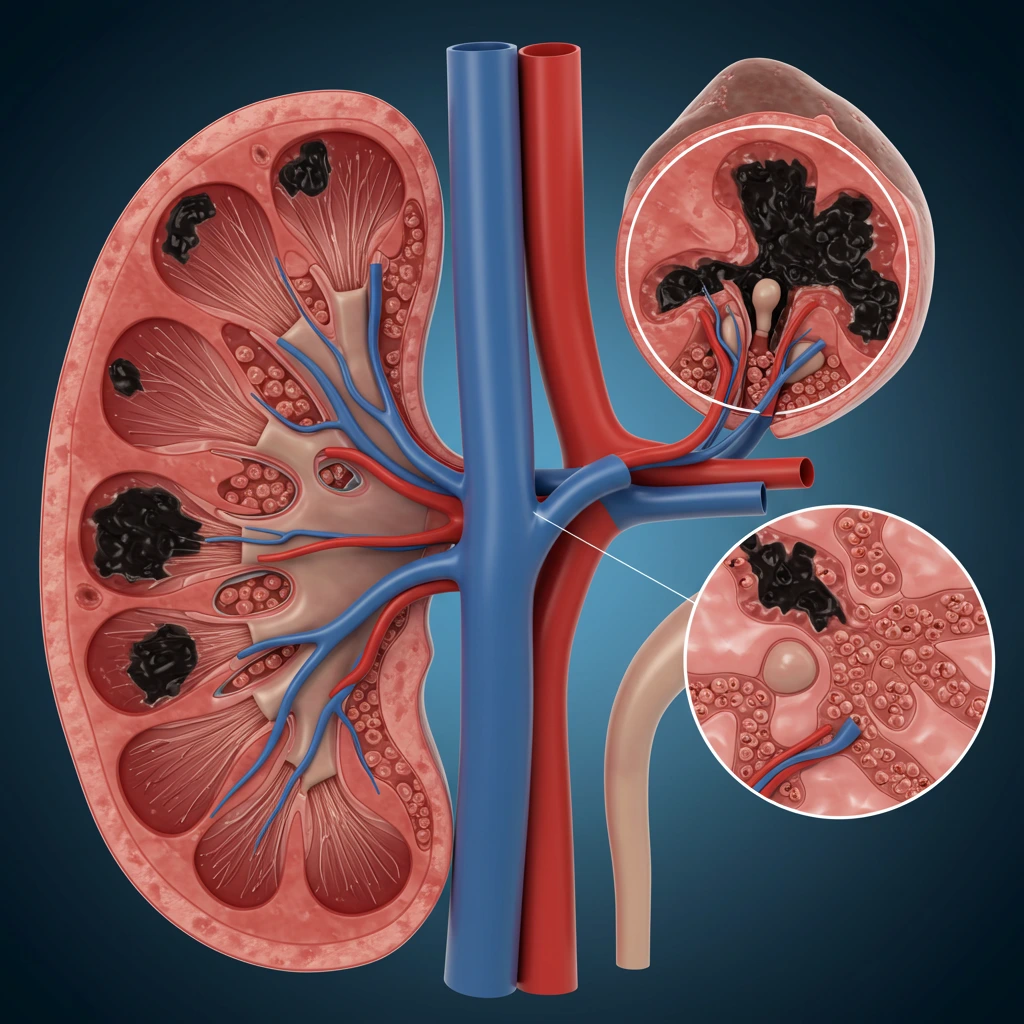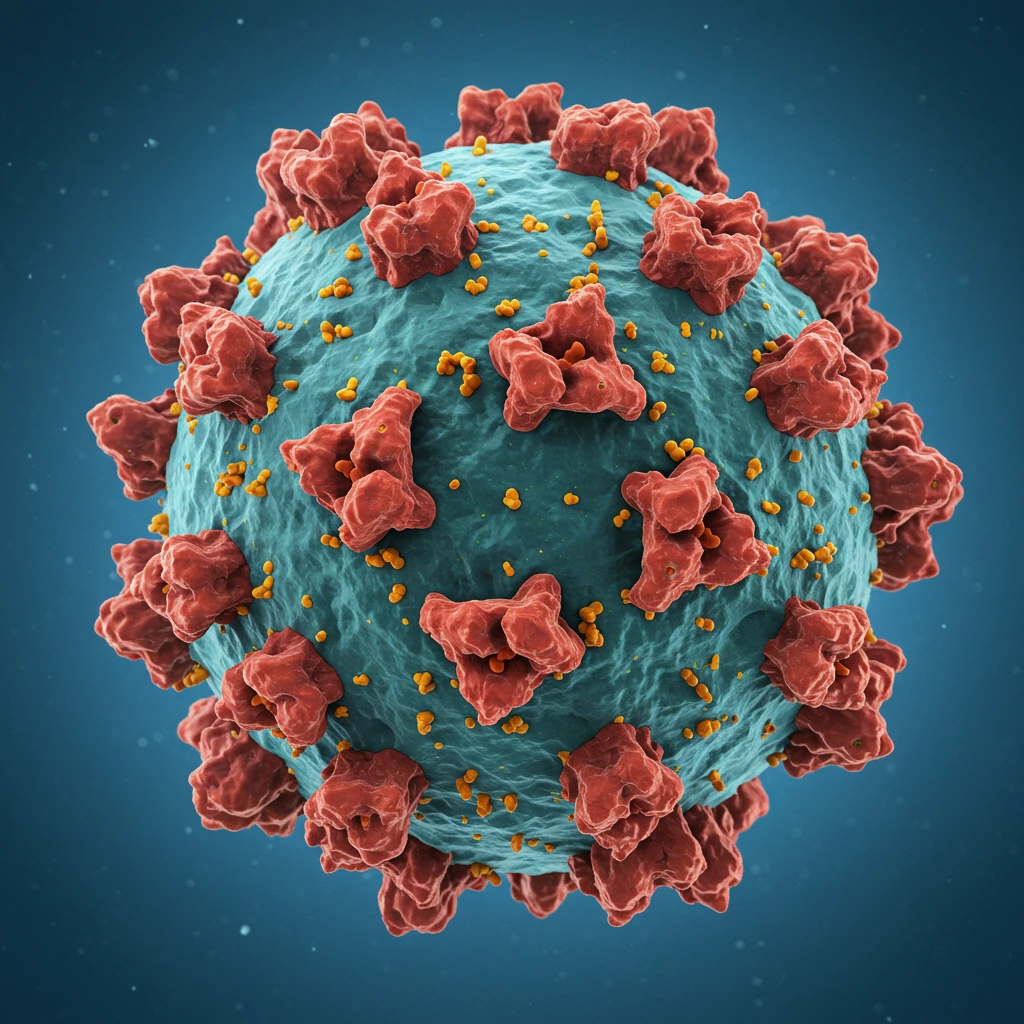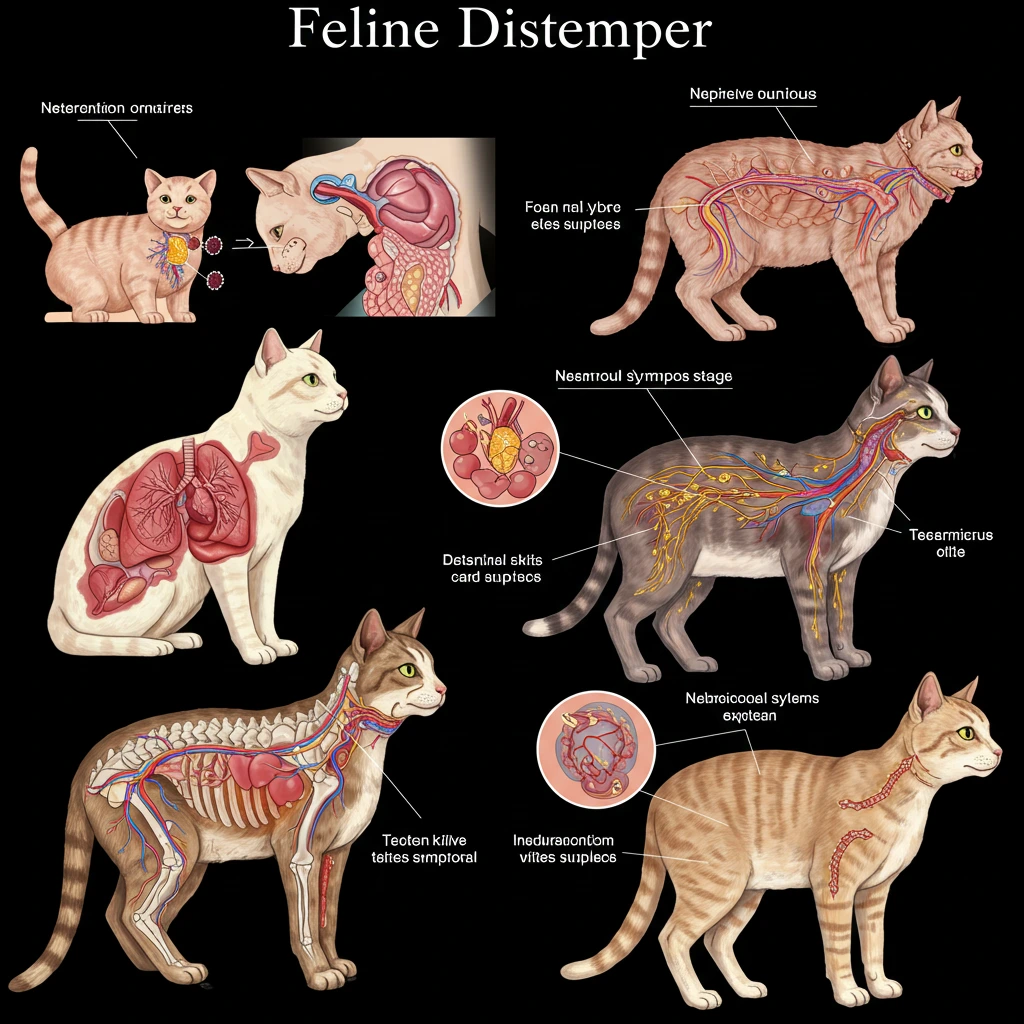Table of Contents
Cats are known to have nine lives because of their innate ability to repeatedly survive in any life-threatening situation. However, no animal is immune to any kind of disease except those who have been vaccinated. Despite the existence of vaccines, there are still diseases whose vaccines have yet to be discovered. Therefore, equipping yourself with knowledge and taking preventative measures is still the best way to ensure your cat stays free from the 5 deadliest cat diseases.
The following are the deadliest cat diseases ever known:
Feline Leukemia
Feline Leukemia is a type of cancer that is transmissible through bodily fluids and bites. Cats who are let outside to roam are more prone to getting this disease, as it can be spread through bites, by licking an infected cat’s food or water bowl, or through urine contact. In some cases, it is also transmitted from a mother cat to its kittens.

Cats who contract leukaemia have a very poor prognosis, and even those who undergo medication do not live longer than a year. Complications that result from leukaemia include respiratory tract infections, anemia, diarrhoea, cancer, and other chronic illnesses. Unfortunately, it cannot be cured. However, it is highly preventable through vaccination and by making sure cats are contained inside a safe and clean environment.
Renal failure
Renal failure is often the main cause of death in senior cats, though it could also affect cats of any age. Renal failure is the result of the late stages of kidney disease, which can be acquired through heredity, old age, or ingestion of toxic substances. Renal failure can either be chronic or acute. Chronic renal failure is often caused by unaddressed kidney disease that has progressed over time.
Acute kidney failure is a result of toxicity, usually by ingesting a harmful substance or medicines intended for humans. Symptoms include frequent urination, unexplained thirst, upset stomach, constipation, diarrhoea, lethargy, lack of appetite resulting in weight loss, and halitosis.
A laboratory test for creatinine levels can detect kidney problems. Renal failure is reversible if caught early, while chronic kidney disease is difficult to treat. The treatment depends on the stage or the severity of the kidney problem and is often done through medications, diet adjustments, and water therapy.

FIV or Feline Immunodeficiency Virus
FIV or Feline Immunodeficiency Virus has the same structure as human HIV except that it is not transmissible through sexual contact. It is transmitted when the saliva enters the bloodstream through a bite of an infected cat and blood transfusions. Symptom-wise, it is similar to human HIV and is transmitted like the rabies virus. FIV has no symptoms, and it can only be detected through routine screening.
FIV is a silent killer as it slowly destroys a cat’s immune system. If it goes undetected and uncontrolled for several years, it could progress to Feline AIDS. FIV can be controlled by supporting the cat’s immune system, but cats with FIV could decline at any moment despite doing their best to boost its health. There is an existing vaccine for FIV but it is not normally given due to its severe side effects.
Rabies

Rabies is a virus spread through the bite of an infected cat or any other mammal. Rabies targets the nervous system. When bitten by a rabid animal, death is almost certain unless the animal is vaccinated. Rabies can also be transmitted to humans, that’s why there is pre and post-exposure vaccination given to exposed/bitten humans. The only way to prevent rabies is to have your cat vaccinated and to keep your cat from going out unsupervised. A rabid cat will display signs of pica, hydrophobia, drooling, strange or aggressive behaviour, lack of coordination, weight loss, conjunctivitis, and dropped jaw.
Feline distemper
Feline distemper is one of the most common and most fatal diseases in cats. Kittens are required to be vaccinated as early as 6 weeks because they are the most vulnerable. Feline distemper hits hard and fast, and it is often fatal within 24 hours. Cats who test positive for distemper are given medications, vitamin shots, and blood transfusion (if necessary). However, despite receiving all support and medications possible, most cats are unable to recover. The only way to prevent feline distemper is to have your cats vaccinated and to prevent them from mingling with cats that are not yet vaccinated.

Part of your responsibility as a cat parent is to make sure that your cats are vaccinated because it is their first line of defence against infections and the deadliest cat diseases. You should also make sure that your cats are getting all the nutrition that their body needs to ward off diseases and to strengthen their immune system. Also, make sure that your home is escape-proof to make sure your cat is unable to escape to prevent them from being exposed to infected strays.








